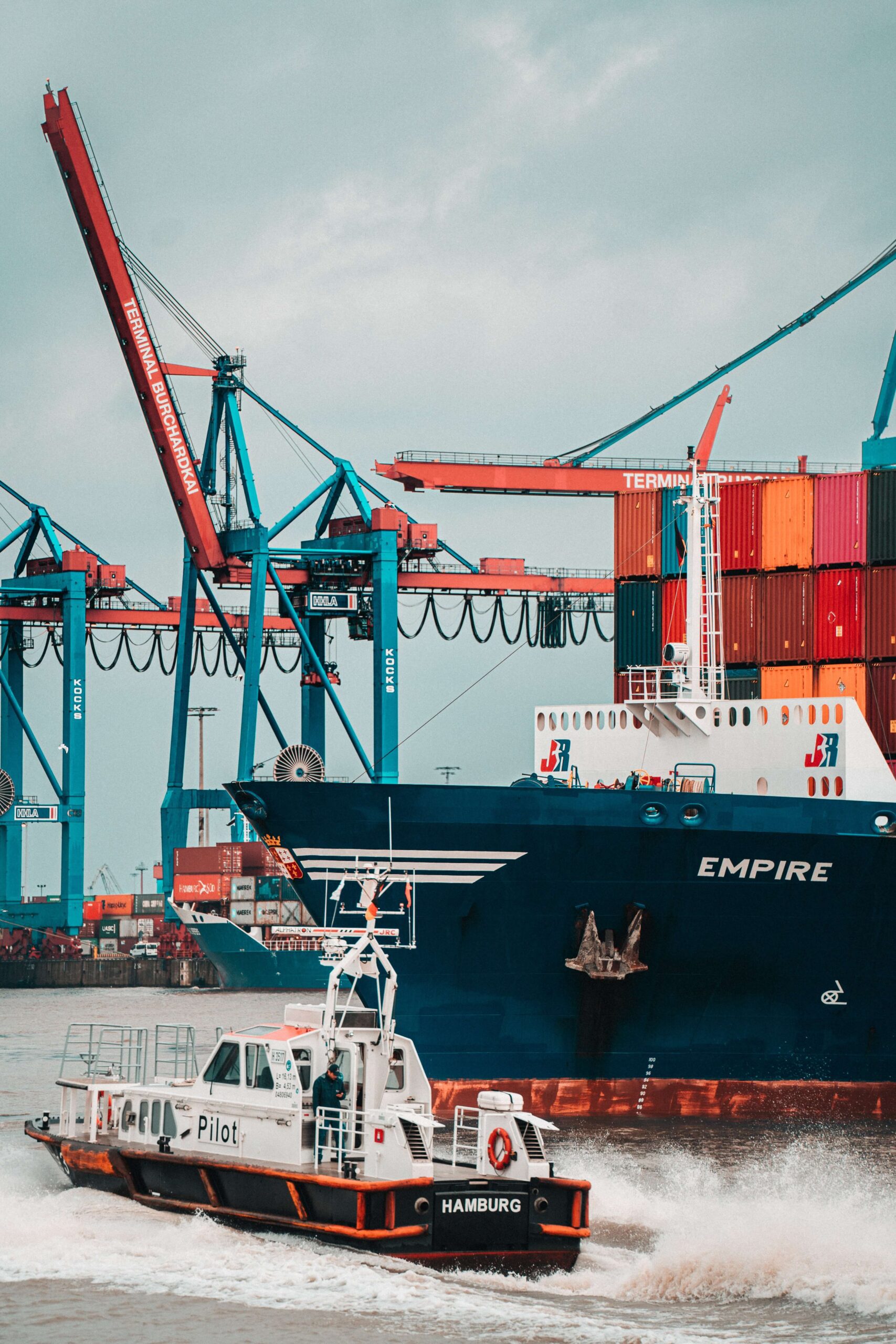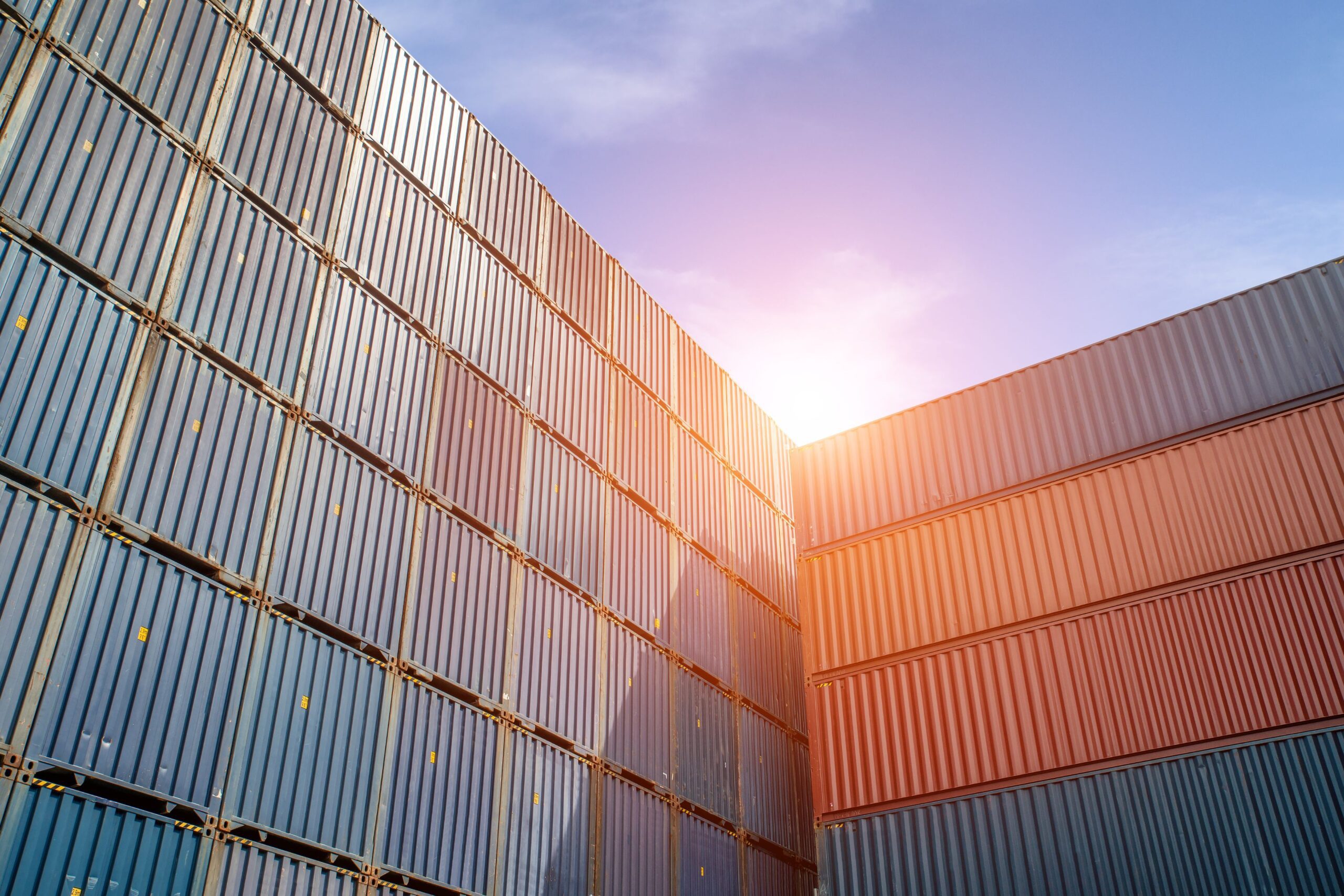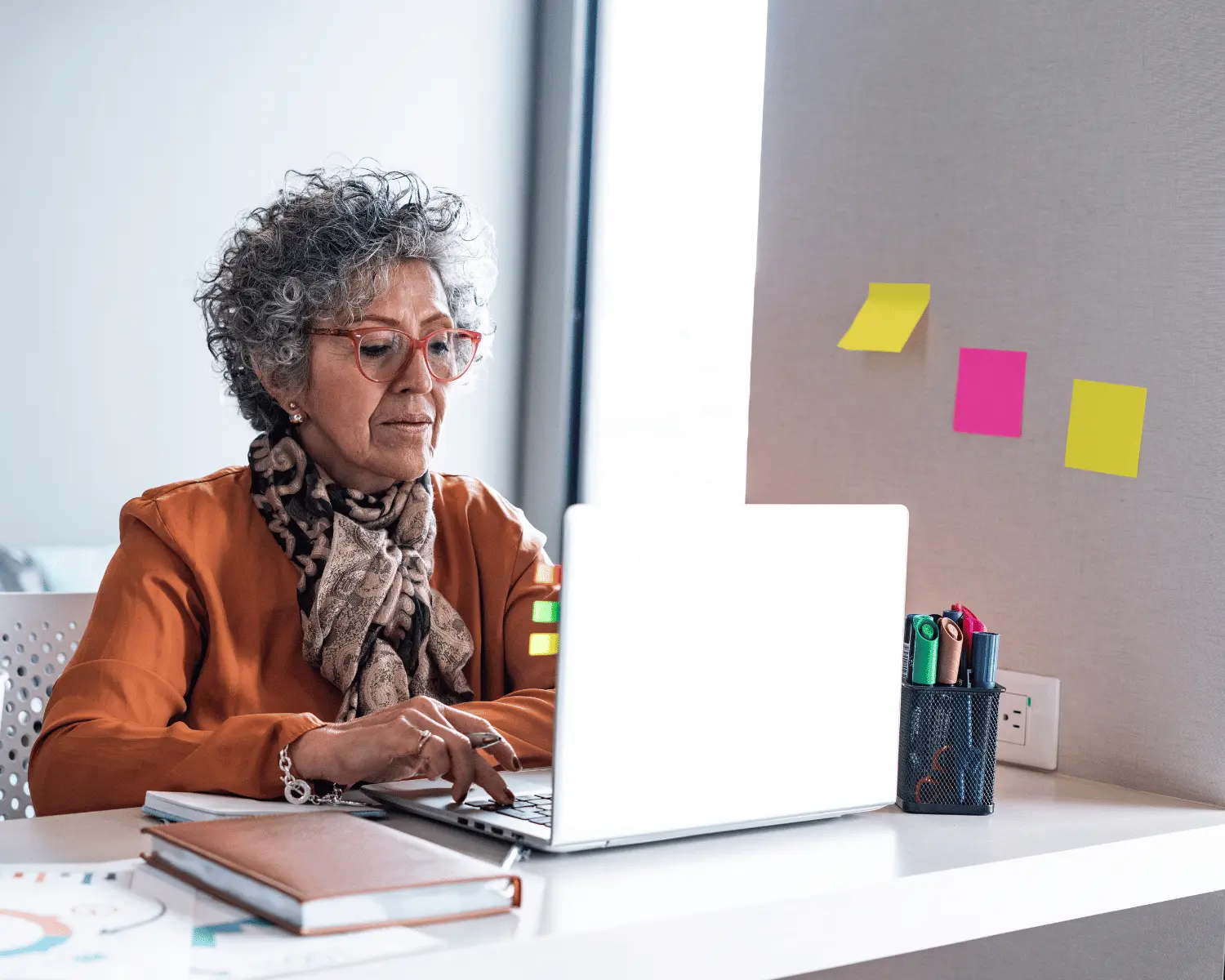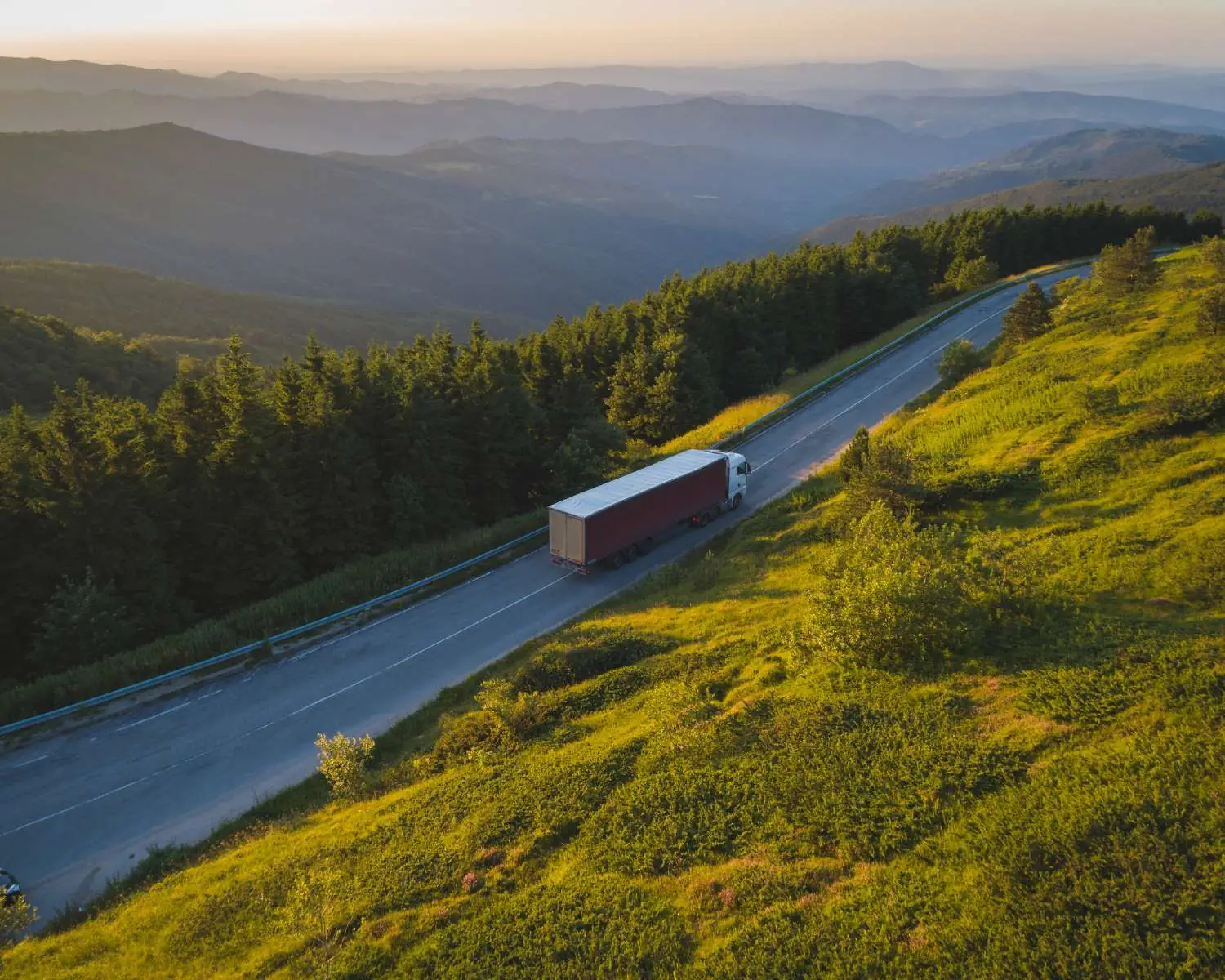
Kickstart LkSG – This is what matters
The LkSG came into force on January 1, 2023. We have summarized the current information on the law for you.
The much-discussed Supply Chain Due Diligence Act (LkSG) came into force for companies on January 1, 2023.
In addition to clarifying some basic questions in order to prepare for the Supply Chain Due Diligence Act, it is important to stay informed about important innovations.
We have summarized the latest information on the law.
Important deadlines for compliance with the law
By when must the due diligence obligations be fulfilled?
Companies that have been subject to the Supply Chain Act since January 1, 2023 do not yet have to have fully complied with all due diligence obligations.
Only the responsibility for monitoring risk management must already be defined and the complaints mechanism established.
All other obligations only need to be implemented in the course of the first audit year.
If your company has fewer than 3,000 and more than 1,000 employees at German locations, it will not be subject to the law until January 1, 2024.
When does the reporting obligation apply?
The following applies to all reports that are to be submitted to the Federal Office of Economics and Export Control (BAFA) and published on the company’s website between January 1, 2023 and June 1, 2024: BAFA will not verify the submission of the reports to BAFA and their publication until the deadline of January 1, 2025.
Further information and detailed answers can be obtained from the BMAS.
How should the term “appropriateness” be interpreted?
In addition, the BAFA has explained the principle of appropriateness stipulated by the Supply Chain Act in more detail in a new guidance document.
According to this, companies are generally obliged to observe due diligence obligations within their supply chains in a manner that is appropriate (for them) in order to prevent, minimize or eliminate human rights or environmental risks.
The aim of this is to give each company the necessary discretion and room for maneuver with regard to the implementation of due diligence obligations.
According to the LkSG, companies do not have to guarantee that their entire supply chain is completely free of human rights violations or environmental damage.
Rather, they must ensure that they take appropriate measures according to their individual business activities to identify and address potential risks.
The due diligence obligations of the LkSG therefore establish a duty of care for companies.
However, should a breach occur in the domestic business area, remedial action must be taken immediately.
The duty of care alone is not sufficient here.
What is the assessment of appropriateness based on?
According to LkSG § 3 para.
2, the appropriateness of an action that complies with the duty of care is based on the following criteria:
- Nature and scope of the company’s business activities
- The company’s ability to influence the direct perpetrator of a human rights or environmental risk or the violation of a human rights or environmental obligation
- Typical expected severity of the violation, the reversibility of the violation and the likelihood of a violation of a human rights-related or environmental obligation
- Nature of the company’s causal contribution to the human rights or environmental risk or to the violation of a human rights or environmental obligation
There is no fixed order for these appropriateness criteria.
Instead, companies must decide on an ongoing basis how and in what order to address them, based on their individual risks and violations.
The principle of appropriateness is closely linked to that of effectiveness.
Accordingly, companies may only make an appropriate selection from effective measures.
How is the vulnerability risk assessed?
In principle, the more susceptible a company’s business activities or supply chain structure is to human rights or environmental risks, the greater the efforts that can be expected of this company to prevent, stop or minimize these violations.
The factors listed below serve as examples for assessing the respective vulnerability risk:
- Activities in or procurement from risky countries
- Activity in or affiliation to a risky sector
- Contact with conflict minerals
- Use of hazardous machinery and/or chemicals
- High proportion of low-skilled, manual work
What needs to be considered in the risk analysis?
In addition, companies are obliged to carry out an appropriate risk analysis.
In this case, the criteria of appropriateness control the varying intensity of the investigative efforts.
Here, too, it can be generally said that a correspondingly more intensive risk assessment must be carried out for high-risk suppliers.
It is, of course, inadmissible to limit the risk analysis only to players over whom there is direct influence.
You can find out more about risk analysis in our practical guide LkSG Compliance.
Would you like to find out more? Get in touch with us.
* This information is summarized editorial content and should not be construed as legal advice. VERSO accepts no liability.
This might also interest you:
Subscribe to our newsletter!
Sign up and receive regular news about:
- Pragmatic all-in-one solution for ESG reporting, climate and supply chain management
- Best practices in the areas of ESG and sustainable supply chains
- Developed with expertise from 12+ years of sustainability management
- Sustainability events and much more.











